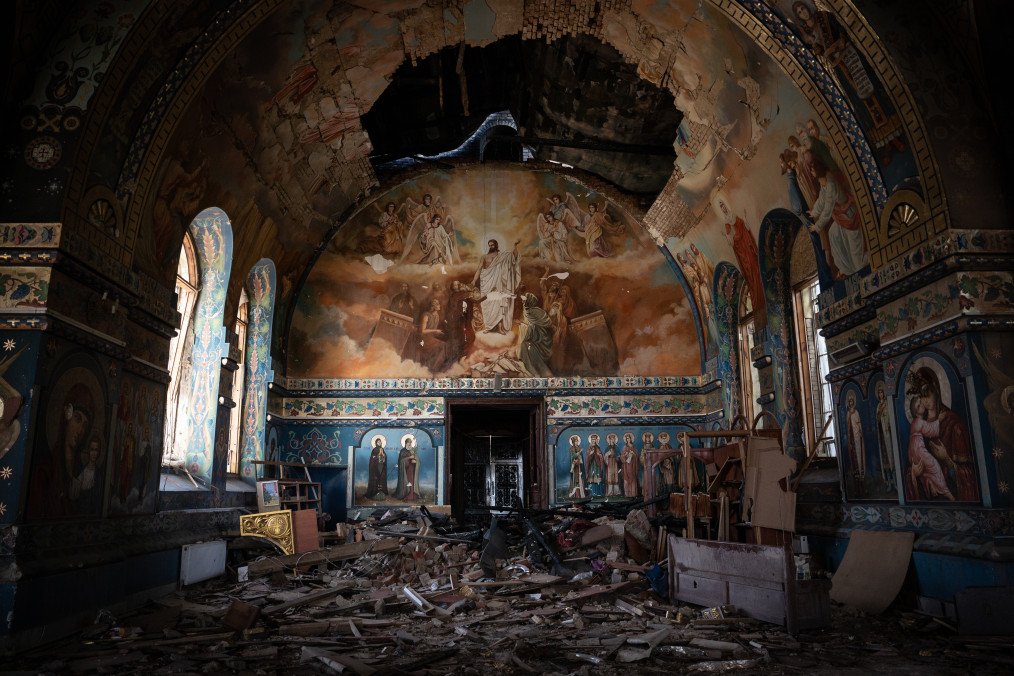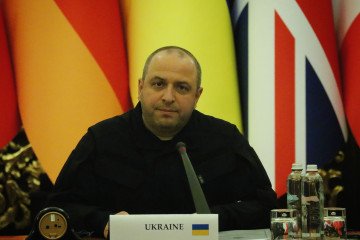- Category
- Latest news
80% of Ukrainians Support Ban on Russian-Linked Religious Organizations, Survey Shows

New Ukrainian law prohibiting the activities of religious organizations connected to Russia is supported by 80% of Ukrainians, while 16% oppose it, and 4% remain undecided, shows survey conducted by the Kyiv International Institute of Sociology on October 15.
The study shows that, across all regions, the majority of Ukrainians back the legislation, although support is slightly lower in Eastern Ukraine compared to the Western and central regions. Specifically, support ranges from 71% in the east to 83% in the west.
Among respondents, 70% identify as Orthodox Christians. Of those, 56% align themselves with the Orthodox Church of Ukraine, 7% with Orthodox Christianity without specifying a denomination, and 6% with the Ukrainian Orthodox Church of the Moscow Patriarchate. The remaining respondents identify as atheists (12%) or as members of the Ukrainian Greek Catholic Church.
Regional variations are apparent in religious identification. The share of those who consider themselves “simply Orthodox” increases from 6% in the west to 15% in the east. In western regions, 20% identify as Greek Catholics, while this number is below 1% in other regions. In eastern Ukraine, there is a higher percentage of respondents identifying as Protestants or members of other Christian denominations (11%), compared to 3-4% in central and southern regions.
The survey also found that atheism is most prevalent in central and southern Ukraine, with 15% and 14% of respondents identifying as atheists, compared to 7% in the west and 11% in the east. Atheism is particularly high among young Ukrainians aged 18-29 (20%), while it is lower among older age groups.
The law banning the activities of churches affiliated with Russia came into force in Ukraine on September 23, 2024, althrough they still have 7 months to cut off all ties with their Russian overseers.
Earlier, the Parliamentary Assembly of the Council of Europe adopted a resolution addressing propaganda and freedom of information in Europe, calling for sanctions against Russian propagandists and recognizing the Russian Orthodox Church as a tool of influence.



-111f0e5095e02c02446ffed57bfb0ab1.jpeg)

